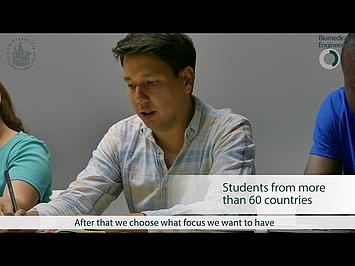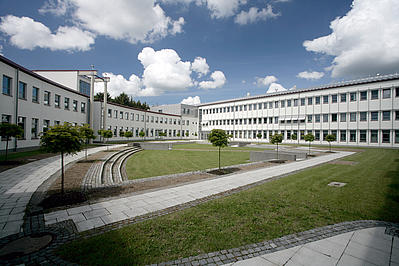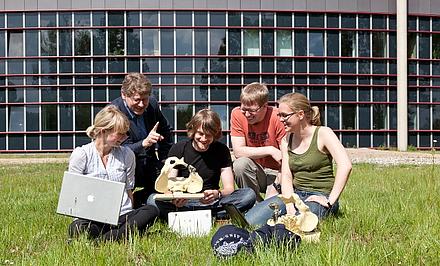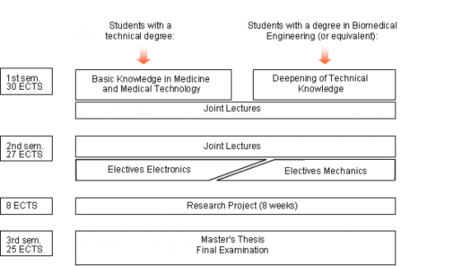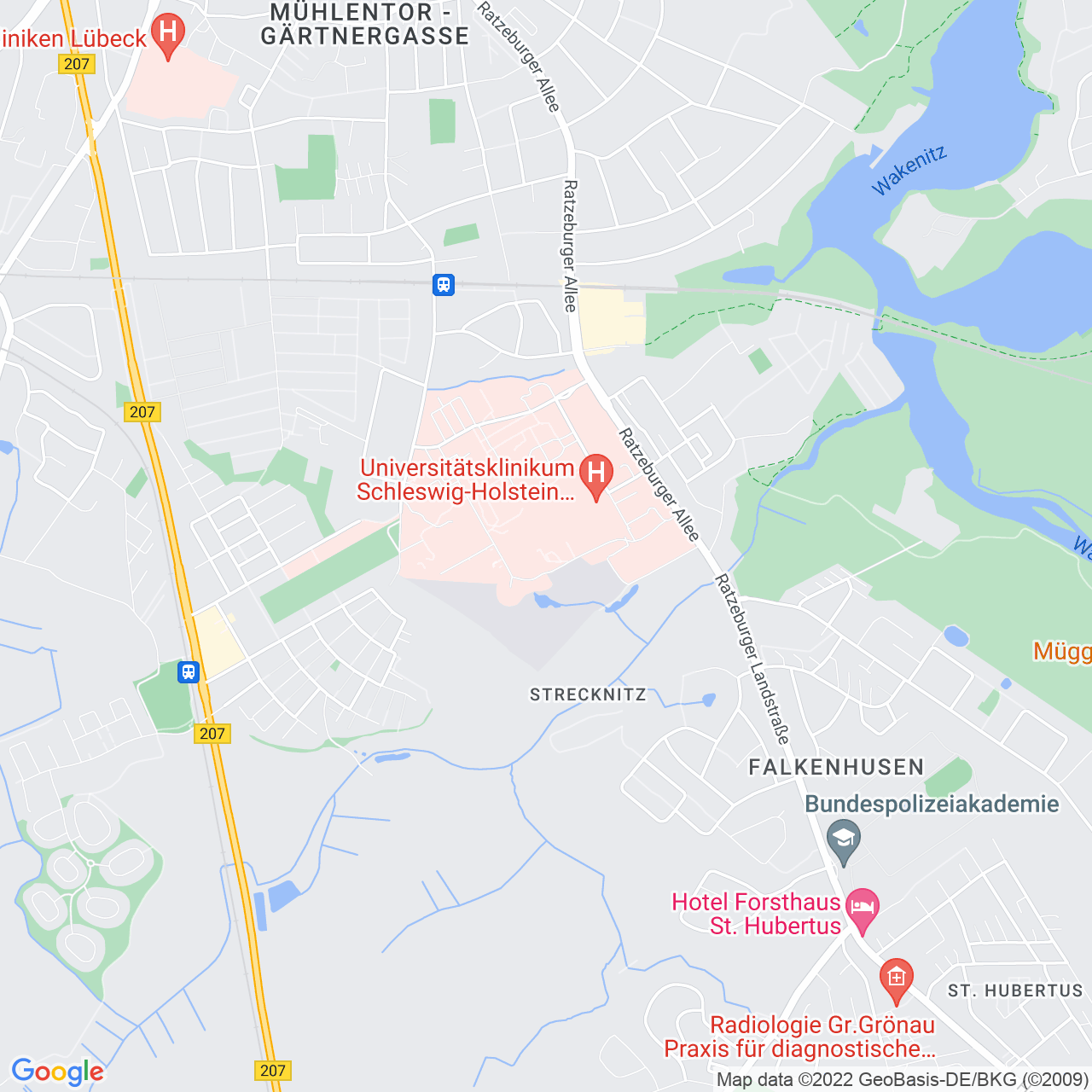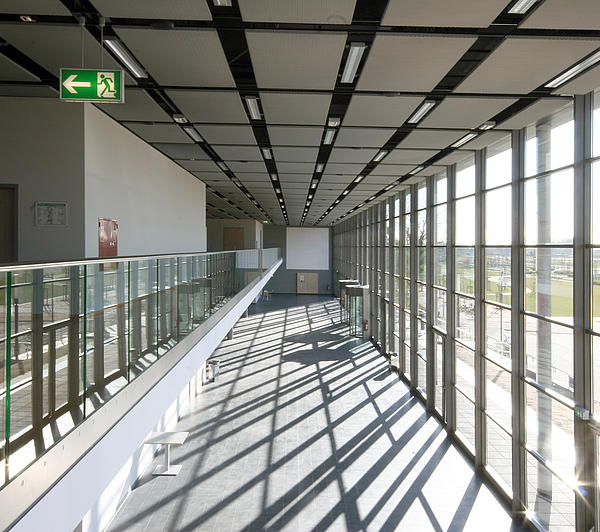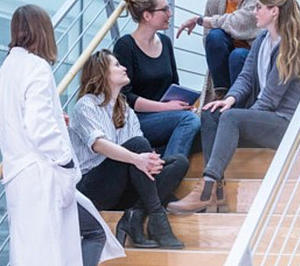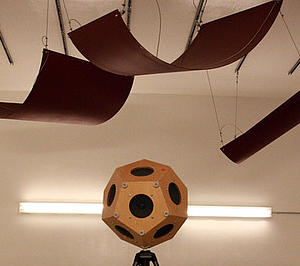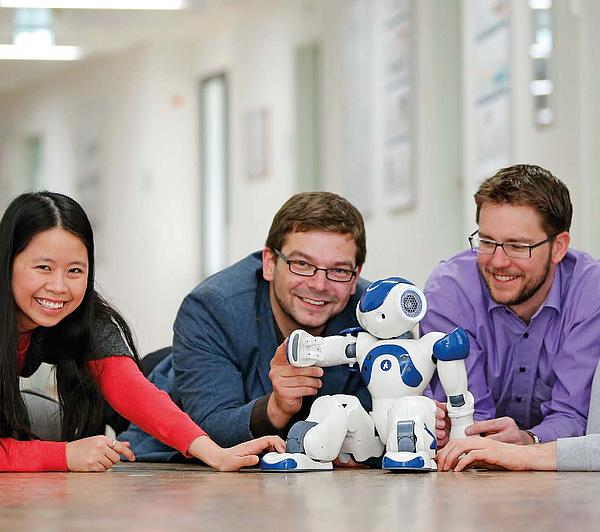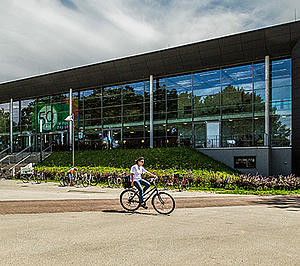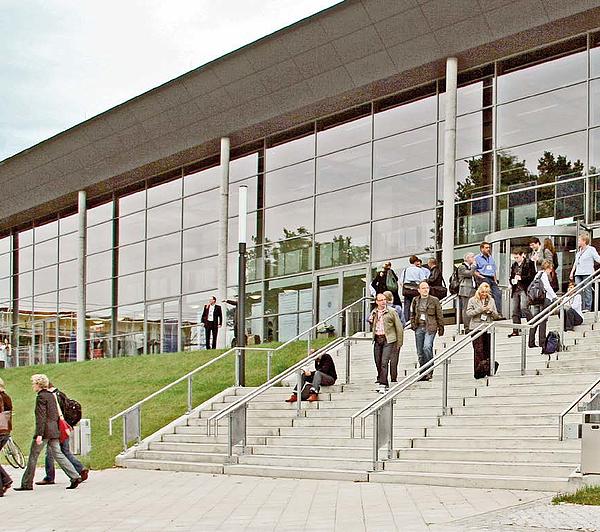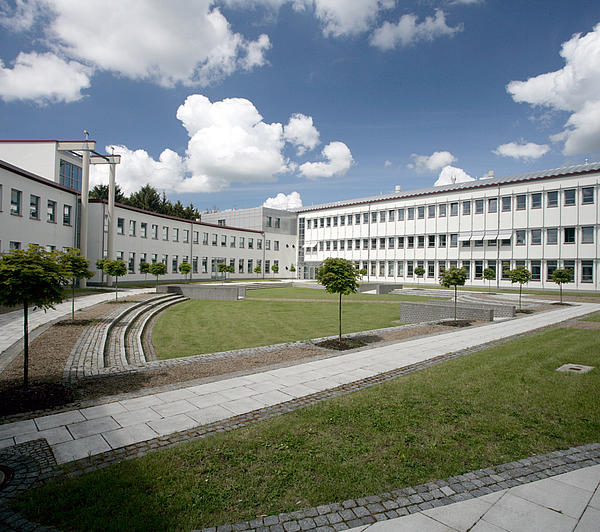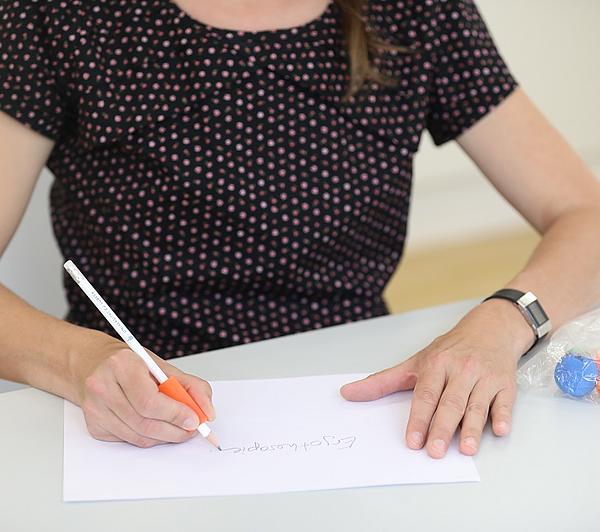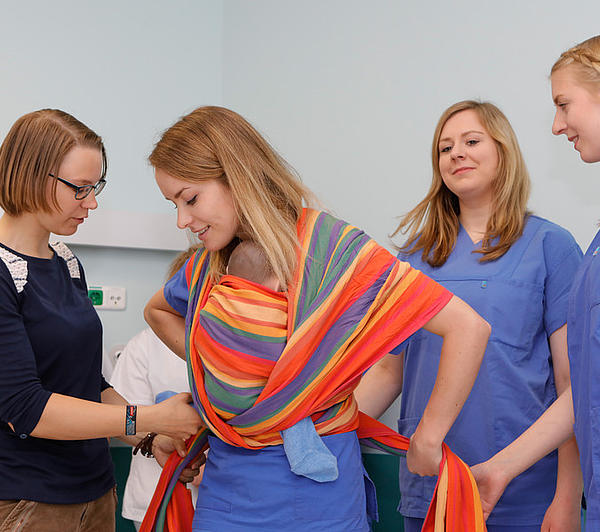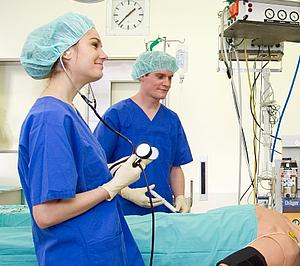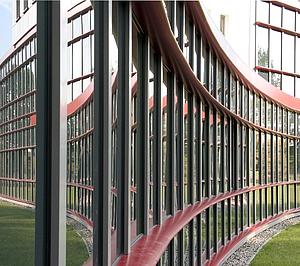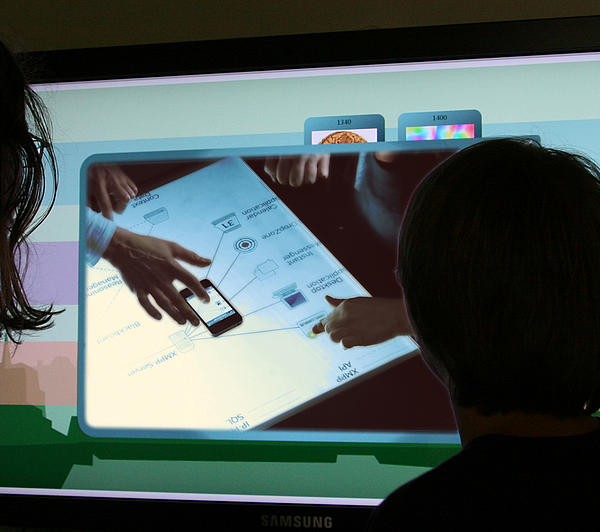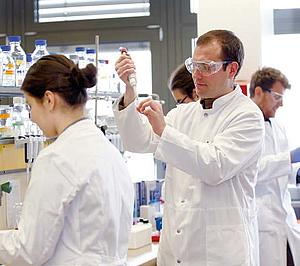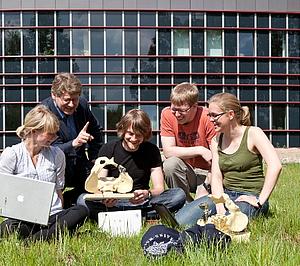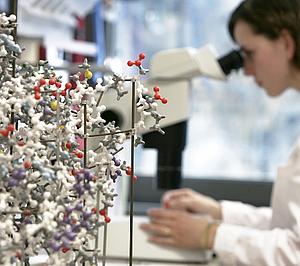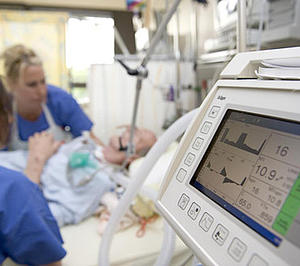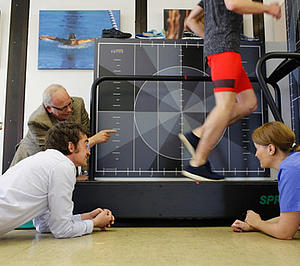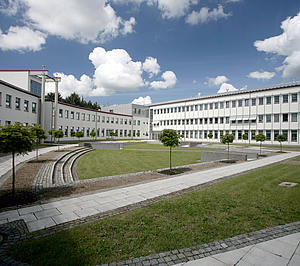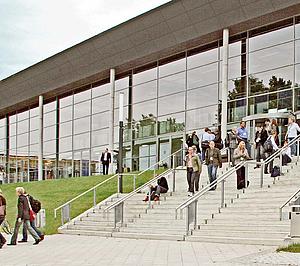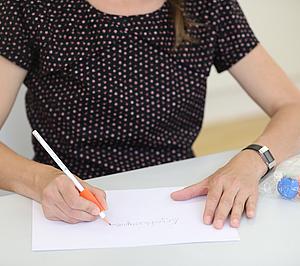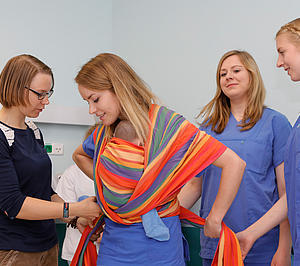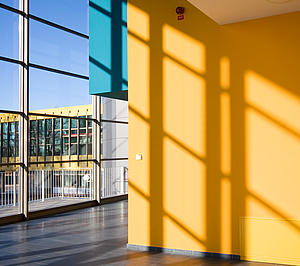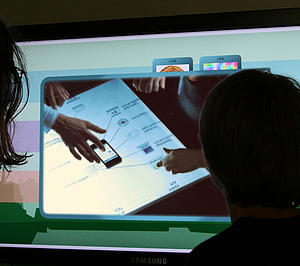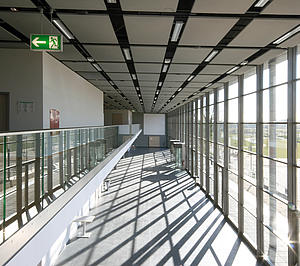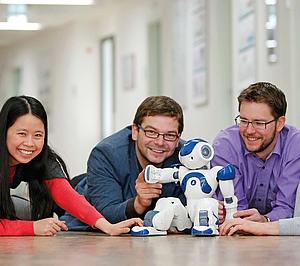Pursue careers in research and development, academics, or industry
The Universität zu Lübeck and the Lübeck University of Applied Sciences welcome students from all over the world to increase their knowledge in Biomedical Engineering.
The Master’s Programme of Biomedical Engineering in Lübeck is designed for students who wish to pursue careers in research and development, academics, or industry. The goal of the programme is to educate students in the interdisciplinary fields of engineering and medicine.
“Biomedical engineering integrates physical, chemical, mathematical, and computational sciences and engineering principles to study biology, medicine, behavior, and health. It advances fundamental concepts; creates knowledge from the molecular to the organ systems level; and develops innovative biologics, materials, processes, implants, devices and informatics approaches for the prevention, diagnosis, and treatment of disease, for patient rehabilitation, and for improving health.” (source: Whitaker foundation).
Features and Concept of the Program
- Degree: Master of Science in Biomedical Engineering
- Joined program of Luebeck University of Applied Sciences and Luebeck University
- Prerequisites: at least Bachelor’s degree
- Duration: three semesters, 90 credit points
- Courses begin in September
- Language of Instruction: English
- No tuition fee required
- Project-oriented work
The initial Master's Program in Biomedical Engineering in Luebeck commenced winter semester 2002/03.
This program's coursework is divided into three semesters. Each study program begins in winter semester, it is therefore not possible to start studies in the summer semester.
First semester students will be enrolled individually in courses to establish a strong breadth of fundamental knowledge. Students with degrees in electronics, information technology, mechanical engineering, physics, process engineering, materials technology or mechatronics will be enrolled in introductory courses for medicine and medical technology.
Students with degrees in medical technology will be enrolled in courses focusing on the development of technical skills. Each year, from September to December, a free intensive German course is usually provided for BME students.
During the second semester, students can enroll in specialized courses. The common basics developed in the first semester will be expanded upon in practical applications. This coursework will mainly focus on project-oriented teamwork. The university normally offers varying levels of German courses each summer semester.
Third semester students will complete an internship (research project), as well as prepare and write a Master's thesis.
In 1973, the Universität zu Lübeck became an independent scientific institution in the state of Schleswig-Holstein. We offer degree programmes in medicine, computer science, engineering, and natural sciences. Interdisciplinary programmes encompassing natural sciences, computer science, and medicine offer practical and up-to-date education underpinned by the highest standard of healthcare. The conditions here for developing and applying innovative technologies, diagnostics, and treatments are ideal, as a result of teamwork among faculties, and collaboration with other institutions in Lübeck, the Research Center Borstel, the Medical Laser Centre, and local businesses. Teaming-up with national and international research institutes bolsters the quality of research at our university, currently defined by two special fields of research.
Compared with other universities, the Universität zu Lübeck is small, with just 3,400 students – but boasts a good teacher-student ratio. The high standings of our computer science and medicine students underscores the high standard of our teaching and education.

